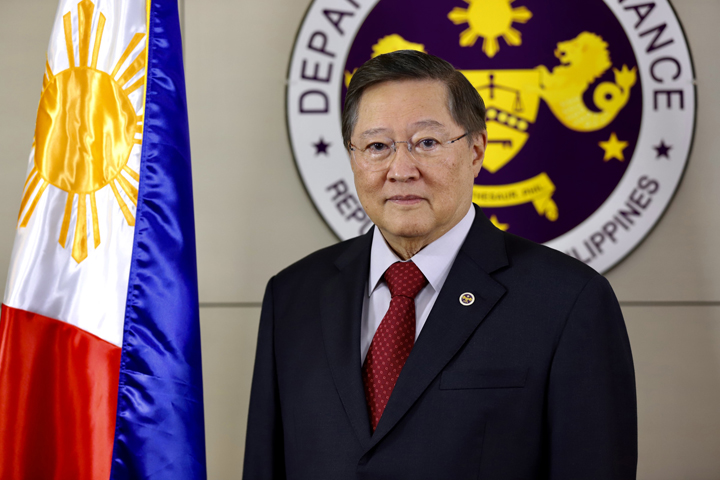
THE Department of Finance (DOF) wants the World Bank to take down its “outdated” and “erroneous” report on the state of the Philippine education sector apart from issuing a public apology.
Finance Secretary Carlos G. Dominguez III told World Bank Group President David Malpass that publishing the multilateral lender’s report—showing the poor condition of the education sector
and dismal performance of Filipino students—more than two years since the assessments were made, “does not reflect current realities.” It also “has the effect of misleading the public and causing undue reputational risk to the Philippine education sector.”
Dominguez noted the World Bank’s “lack of professionalism” when it failed to follow the standard procedure of consulting Department of Education (DepEd) officials about its findings before publishing its report.
“The failure of Bank officials to follow the protocol of consulting with the DepEd prior to publication further illustrates the lack of professionalism which we come to expect from the World Bank and its staff. Such a Report should be taken out from the Bank’s web site so as not to further mislead the public. We also believe that a public apology to the DepEd and the national government [NG] is in order,” Dominguez said in a letter.
The DOF released the statement after Education Secretary Leonor Magtolis Briones demanded a public apology from the Bank for releasing its report based on old data, which “insulted and shamed” the country.
Moreover, Dominguez said the “outdated” findings in the report, titled “Improving Student Learning Outcomes and Well-Being in the Philippines: What Are International Assessments Telling Us? [Vol.2]: Synthesis Report Presentation” have already been addressed by the DepEd and the Philippines’s development partners, ironically including the Washington-based multilateral lender, through various amelioration programs since 2019.
The DOF said the World Bank “erroneously reported” that more than 80 percent of children do not know what they should know, poor performance is deeply rooted in students’ limited proficiency in the languages in which schooling takes place; and there is an unacceptably poor school climate, with high levels of bullying.
Moreover, Dominguez said the government is currently considering two financing proposals from the World Bank to enhance the capacity of Filipino teachers and advance the DepEd’s Alternative Learning System.
“Thus, publishing the Report at present is quite curious as it does not reflect current realities and may be wrongfully used to tarnish the image of the DepEd and the entire national government,” Dominguez said.
He added that “as a valued partner, the Bank should serve and protect the development interests of the Philippines and other WB members.” He also expected it “to observe responsible reporting and adhere to the highest standards of ethical and professional conduct” in the future.
“The Bank has delivered numerous development programs and projects to reform the education sector since the 1980s, and has remained steadfast in pursuing initiatives to improve the quality of education in the country,” he said.
Based on the National Economic and Development Authority’s Official Development Assistance Portfolio Review, the World Bank is the country’s third-largest source of loans.
In 2019, it accounted for 20 percent or 4.31 billion of loans and grants secured by the country as of 2019. This covered a total of 25 loans/grants.
It also approved a total $3.06 billion worth of loans and grants in 2020 and $1.48 billion in 2021—mostly meant for the government’s Covid-19 Emergency Response.
World Bank’s interest rates for loans obtained by the Philippines are contingent on maturity and the currency commitment.
Some loans have a variable spread which are charged with a base interest rate, usually the Libor rate, plus 0.46 percent to 0.96 percent.
Loans with a fixed spread are charged with a base interest rate, usually the Libor rate, plus 0.70 percent to 1.5 percent.
World Bank loans have a maximum final maturity of 30 years while the maximum average repayment maturity is pegged at 18 years.

